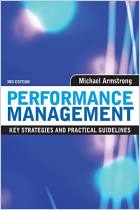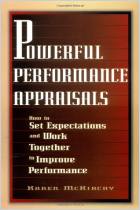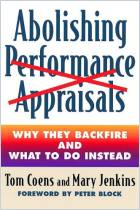When Stacia Sherman Garr, a senior analyst at Bersin & Associates, compiled this foundational performance management report, she drew from interviews with leading talent management experts at companies of all sizes in different industries. Although its explanations can be a bit repetitive at times, this invaluable tool can certainly help executives improve organizational performance by providing employees with ongoing direction and support. getAbstract recommends this insightful, hands-on report to human resources and learning and development managers, as well as CEOs, business owners, and ranking executives.
Continuous Performance Management
Performance is the essential internal engine of any organization that wants to achieve a notable impact in its industry. A performance management system encompasses everything managers do to “lead, manage, assess, and develop employees,” such as establishing objectives, planning individual career development, and various assessments, including “self-assessment, manager assessments,” and “360-degree assessments.”
Despite this broad range of activities, many leaders treat performance management as an annual event, like a trip to the dentist – a single, highly circumscribed appraisal with some goal setting thrown in for good measure. This is the wrong strategy. Performance management should be an ongoing activity, part of the warp and woof of your organization, as essential as unlocking the doors every morning. Performance management is the bedrock of meaningful management.
A Strategy, Not an Event
“High-impact performance management” includes daily, continual “goal setting and revising, managing and coaching, development planning, and rewarding and recognizing,” along with periodic “performance appraisal events.” Deployed...
Stacia Sherman Garr, a senior analyst at Bersin & Associates, is an expert in leadership development, performance management, succession management and employee engagement. Other Bersin & Associates guides include The High-Impact Learning Culture.






















Comment on this summary or Comenzar discusión
This is especially important in the development of virtual teams and the need for coaching and mentoring